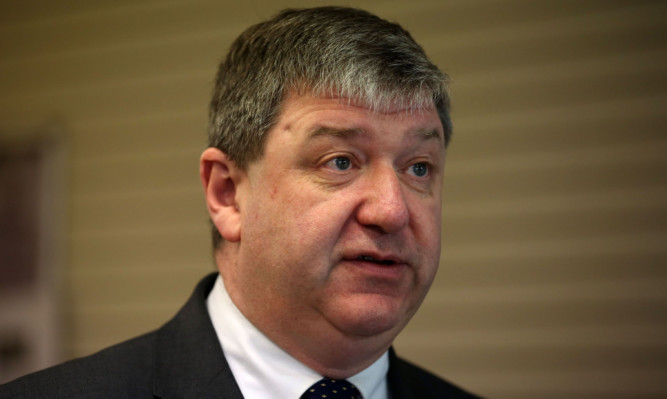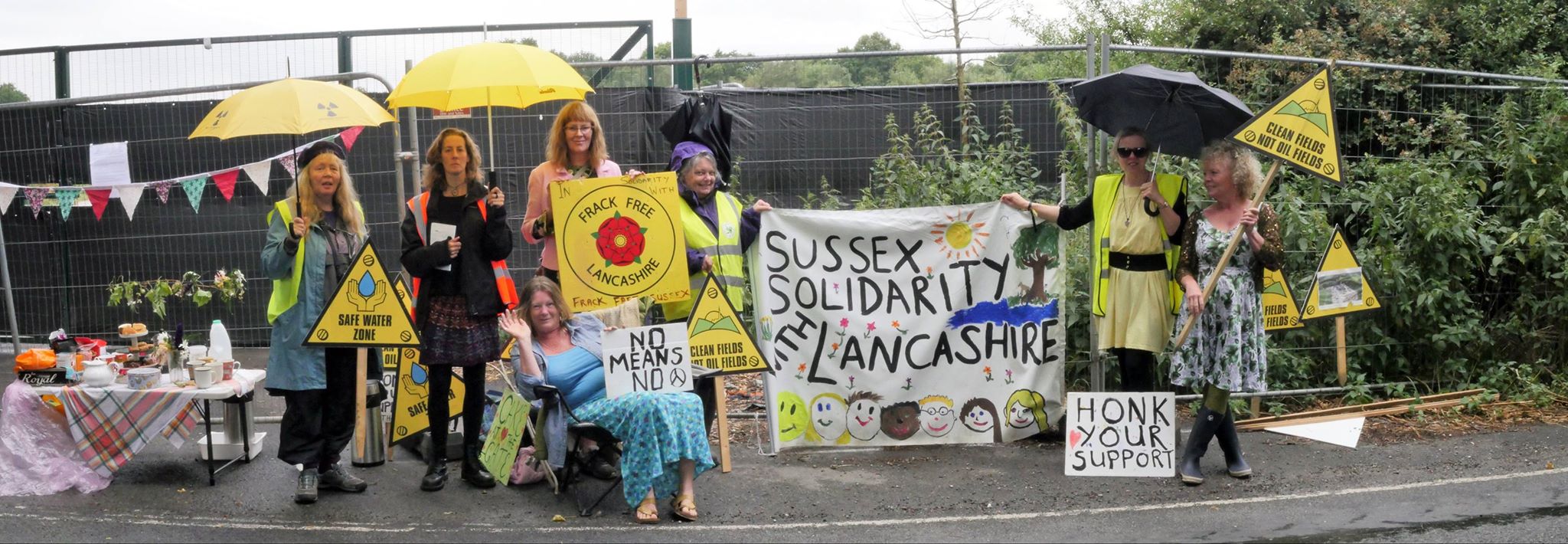A former party whip at Westminster said he had never seen anything like the chaos before the vote that finally cracked the government. Orkney and Shetland MP Alistair Carmichael, who was first elected in 2001, was tasked with ensuring colleagues voted with the Conservatives when he was Lib Dem chief whip and deputy chief whip for Tory PM David Cameron’s coalition government.
He still speaks regularly to Tory MPs and said their mood was despondent after a tumultuous week that culminated in the resignation of Prime Minister Liz Truss the morning after the Tories plunged into chaos before a vote on a Labour motion on fracking. Labour MP Chris Bryant claimed some were manhandled through the voting lobby by senior Tories.

Carmichael, who witnessed the commotion, said: “I’ve never seen anything like that before. Politics is important and the decisions you make as an MP matter. If people get hot under the collar about it, that’s not always a bad thing. But that is country miles from what we were seeing last week.
“The mood in the Conservative Party is despondent. It is rudderless. It is a failure of political leadership that has brought us to this point. Not just from Liz Truss. This government and Boris Johnson’s government before it is populated by people who have a colossal sense of entitlement.
“It was their arrogance and hubris that made them think they could bend the markets to their will. As a consequence they may have done permanent and irreparable damage to the British economy.”
In last week’s chaotic Commons vote on fracking, more than 30 Tory MPs refused to back the Government’s decision to lift the ban on shale gas exploration.
However, among the ministers supporting the Government was new Chancellor Jeremy Hunt, who clearly approves of fracking . . . unless, it seems, it’s in his South-West Surrey constituency.

‘I protest in the strongest of terms against your decision to grant the appeal that will allow drilling and exploration of fossil fuel,’ wrote Hunt. ‘The proposals to carry out such activity have been decisively rejected by Surrey County Council and the entire local community. I can’t see how this site has any role to play in our future energy supply needs.’
‘Nimby Hunt’ was widely mocked on social media following last week’s vote, including the following on a local blog: ‘FRACK!! I am now the Chancellor so sod the Stop The UKOG brigade protesting against oil/gas exploration on my patch.’
Madsen Pirie, president of the Thatcherite Adam Smith Institute, is not impressed by the bleatings of some of former Prime Minister Liz Truss’s more stentorian critics. ‘We have indeed entered strange territory when a notionally Conservative MP, Robert Halfon, describes those who favour tax cuts as “libertarian jihadists”. They used to be called Conservatives.’ Let’s face it, he has a point!
Overheard in the Commons. One Tory MP to another: ‘How long before the Queen’s record of 15 prime ministers is beaten by Charles III?’









